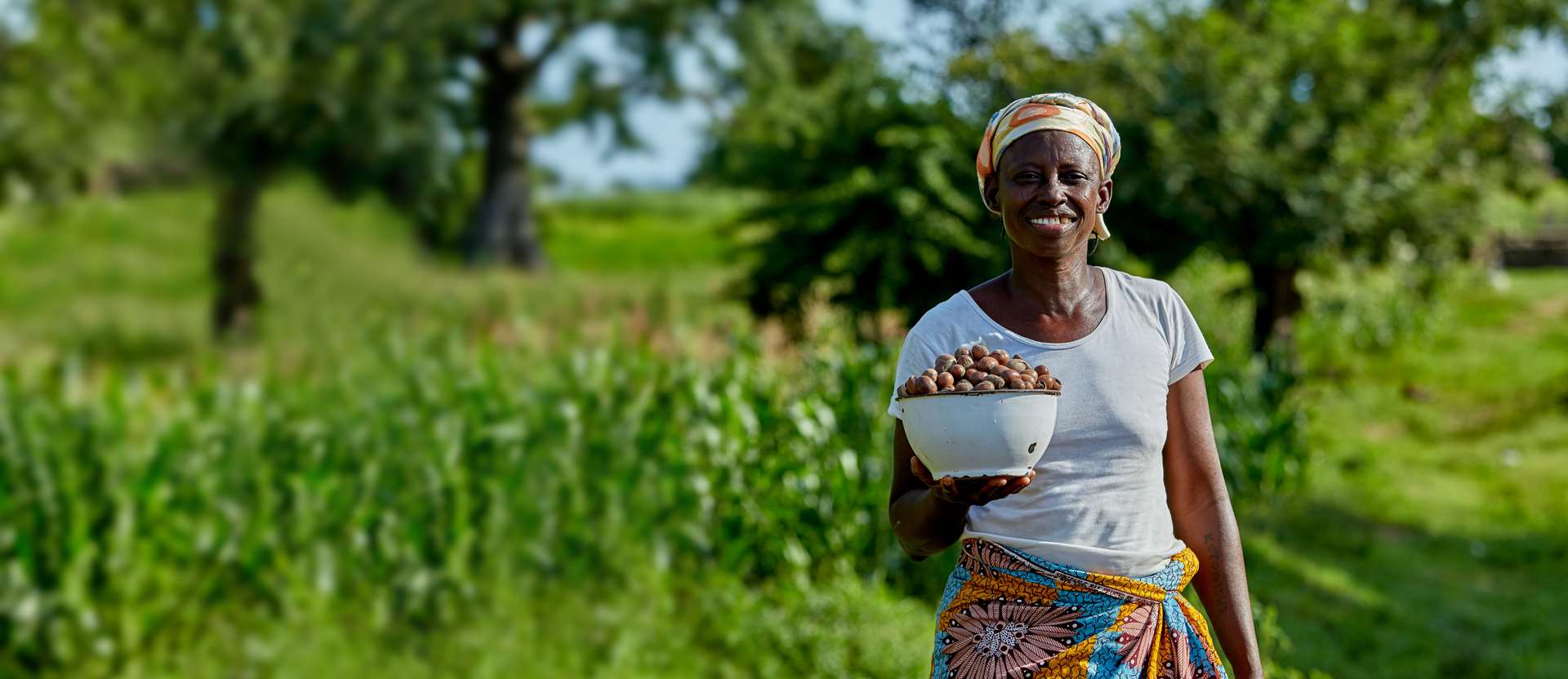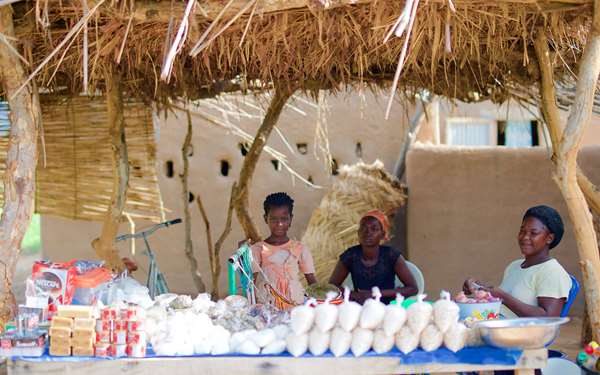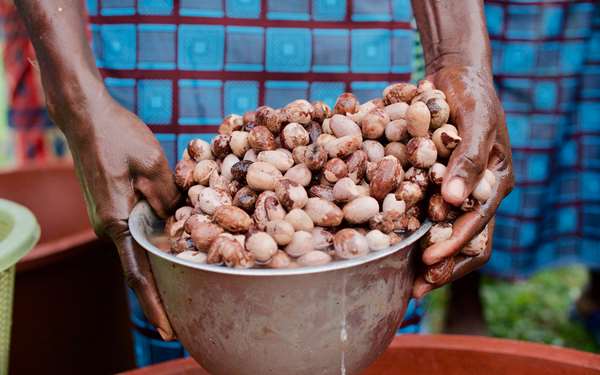
Building sustainable businesses
Read about our enterprise development approach.We support communities to make and sell tree products, like shea butter and soap. The income they make from their businesses alleviates poverty, helping them to pay for essential healthcare and education.
This is our enterprise development approach.
Why is this needed?
Around the world, more than 700 million people live in extreme poverty. Over 70% of these people live in Africa. With limited job opportunities, most people must work on farms to grow food and make money.
But a drastic reduction in fertile land and the climate crisis is making it harder for people to grow crops to eat and sell. Without a stable source of income, essentials like healthcare and education are out of reach.
Supporting people, especially women, to set up and develop businesses can help families grow a much-needed income for today and stability for the future.


How do we help?
We support communities to set up and develop businesses. This gives them a much-needed income today and stability for the future. We work with local people in groups called village tree enterprises.
They work together to produce things that come from trees which aren’t timber, like seeds, fruits, honey, leaves and nuts, and process them to sell at market.

The power of shea
Communities tell us which trees work best for them and their environment. Some trees have lots of benefits.
Take the shea tree. The shea fruit is a great source of nutrients. The shea nut can be processed into butter for cooking or to make cosmetics, which are used all over the world. The tree itself helps to keep land fertile and protect against drought and floods.


Growing leaves for livelihoods
A community-led approach to building sustainable business was at the heart of our Growing Food & Incomes project. In this Burkina Faso-based project, we supported communities to grow sustainable 'leaves for livelihoods' harvesting and processing the leaves of trees like baobab and moringa.


